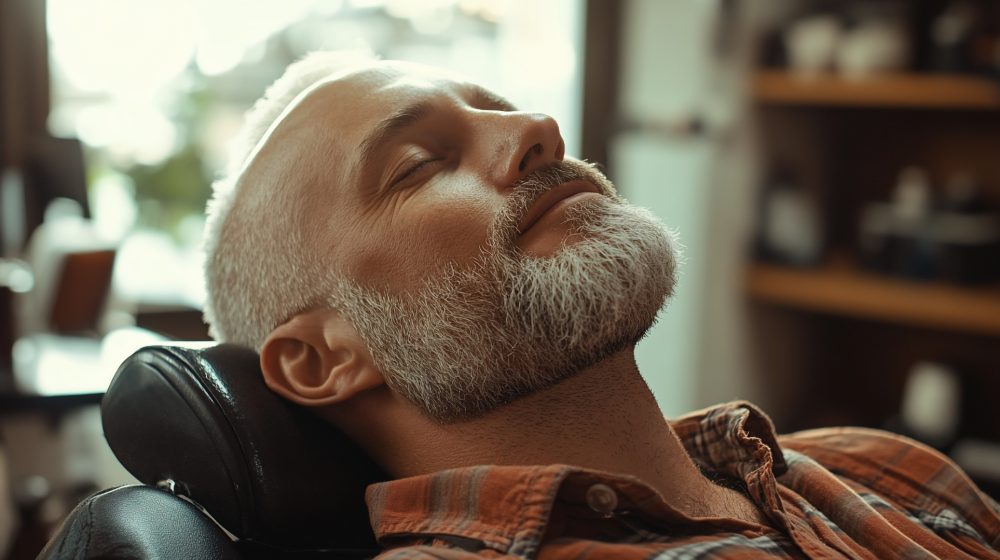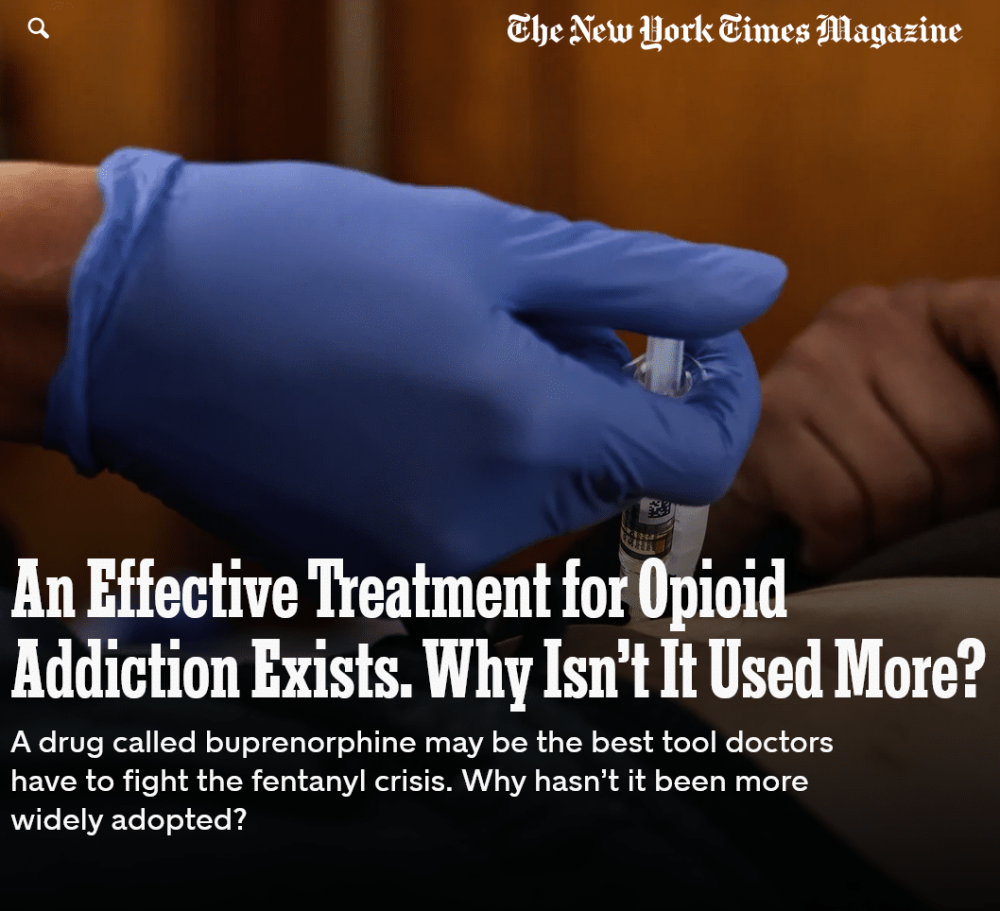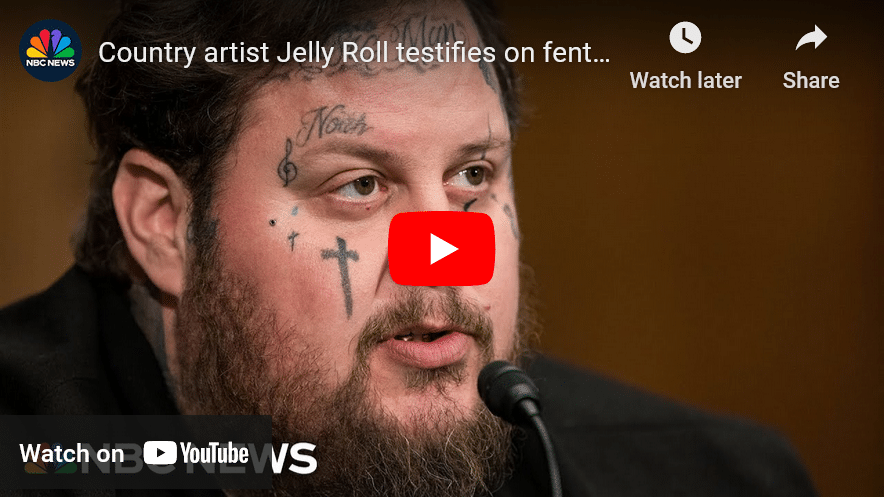Drug addiction affects every aspect of your life—destroying relationships, negatively affecting your mental and physical health, causing financial and legal problems, and much more. You want to quit using, but the thought of withdrawal is frightening.
But withdrawal doesn’t have to be scary or even terribly uncomfortable. If you withdraw under medical supervision, your doctor can prescribe medications or devices to help manage withdrawal symptoms while keeping you safe and surprisingly comfortable.
Why is Addiction So Difficult to Overcome?
Family members often express anger and confusion over why their loved one can’t simply stop behavior that is causing such harm. Understanding that addiction is a disease that affects how the brain functions may help you appreciate how challenging it is for an addicted person to stop using drugs without professional help.
The American Society of Addiction Medicine defines addiction as a “chronic medical disease involving complex interactions among brain circuits, genetics, the environment, and an individual’s life experiences.”1 The medical community has long recognized addiction, clinically known as substance use disorder (SUD), as a chronic but treatable disease.
Because addictive drugs affect the pleasure and motivation areas of the brain, they can drive compulsive drug use. All enjoyable activities trigger the natural release of hormones, like dopamine, that motivate you to repeat the pleasurable experience. However, addictive drugs cause the release of higher-than-normal levels of dopamine and other chemicals, over-activating the reward circuit and powerfully reinforcing drug use.2
As you continue using drugs, your brain adapts to their presence. However, as your brain rewires, it becomes less sensitive and demands higher doses to deliver the desired effect. The need for higher doses is called tolerance and starts the cycle of dependence and addiction. If you stop using drugs after your body has become dependent or addicted, you will experience withdrawal symptoms.3
Sudden abstinence after the body has come to depend on the presence of drugs creates a tremendous state of imbalance as your brain seeks equilibrium. Withdrawal symptoms occur as your brain and body struggle to regain normal function.4
Most Effective Medications for Drug Withdrawal
Withdrawing from an addictive substance under medical supervision can significantly improve the experience and reduce your risk of relapse. Medical detox experts have three goals:5
- Manage and reduce acute withdrawal symptoms
- Reduce cravings and lessen the urge to return to drug use
- Prevent relapse
Medications administered during withdrawal vary depending on the addictive substance. Understanding that detox is the first step in overcoming drug addiction is crucial. For your best chance at long-term recovery, it’s essential to enter a substance use treatment program once you complete your detox stay.6
Opioid Withdrawal Medications
Doctors most often prescribe buprenorphine to treat moderate to severe opioid withdrawal. They administer the drug when the patient starts to experience withdrawal symptoms, helping to ease symptoms and reduce cravings.7
If the patient continues to experience symptoms like nausea, vomiting, diarrhea, and anxiety despite the buprenorphine, the doctor may prescribe additional medications.8
Each case is unique. For some, doctors may prescribe suboxone to handle acute withdrawal, then switch to a tapering dose of buprenorphine and naloxone followed by naltrexone. Others may benefit from long-term outpatient detoxification or maintenance therapy with methadone or buprenorphine.9
Although buprenorphine is a synthetic opioid that interacts with opioid receptors, it does not elicit a euphoric “high” like other opioids and it effectively decreases withdrawal symptoms during detox.10
In November 2017, the Food and Drug Administration (FDA) approved an electronic stimulation unit called the NSS-2 Bridge to decrease opioid withdrawal symptoms. The device is placed behind your ear and sends electrical pulses to the brain, painlessly relieving withdrawal symptoms.11
In May 2018, the FDA approved a non-opioid medication called lofexidine to help manage opioid withdrawal.12 Lofexidine blocks the release of norepinephrine, a hormone similar to adrenaline that triggers withdrawal symptoms.13
Benzodiazepine Withdrawal Medications
It can be dangerous, even life-threatening, to stop using benzodiazepines (benzos) and other central nervous system depressants “cold turkey.”14 Doctors often recommend tapering from these drugs rather than abrupt cessation.
To help minimize withdrawal symptoms, your doctor can design a tapering system to gradually reduce your dose of benzos over several weeks or longer. Although it can vary for each person, a typical tapering schedule may decrease the dose by 5 to 25 percent the first week and another 5 to 25 percent every one to four weeks after.15
While the FDA approves no specific medication to treat benzo withdrawal symptoms, doctors can legally prescribe drugs “off label” for that purpose. Small studies and anecdotal evidence support the use of gabapentin for methadone-maintenance patients,16 and drugs like carbamazepine,17 propranolol, trazodone, mirtazapine, and quetiapine to ease withdrawal symptoms, including anxiety and insomnia.18
Studies have also found flumazenil19 effective in managing withdrawal side effects and buspirone to manage severe anxiety.20
Cocaine Withdrawal Medications
Cocaine, amphetamines, and methamphetamines are central nervous system stimulants. While stimulant withdrawal is not usually dangerous, it can be uncomfortable. There are no FDA-approved medications to treat withdrawal from cocaine or other stimulants. However, your doctor can prescribe medications to treat side effects like deep depression and suicidal thoughts, paranoia, or psychosis.21
Results of a clinical trial found the drug amantadine to be an effective treatment for those with severe cocaine withdrawal symptoms, significantly reducing relapse.22 A study published in 2019 found modafinil may improve sleep quality during cocaine detoxification.23
Your medical detox experience can be the key to long-term sobriety. At Gallus Medical Detox Centers, we use proprietary, evidence-based medical protocols known as the Gallus Method, including medication assistance, to deliver excellent patient outcomes. Gallus takes the fear out of detox while delivering an experience that provides you with everything you will need to succeed.
We promise to prioritize your comfort, safety, and dignity as you take the most critical step of your life—seeking the quality of life that comes with a successful recovery.
Sources
- https://www.asam.org/docs/default-source/quality-science/asam’s-2019-definition-of-addiction-(1).pdf?sfvrsn=b8b64fc2_2
- https://nida.nih.gov/publications/drugs-brains-behavior-science-addiction/drugs-brain
- https://nida.nih.gov/publications/drugs-brains-behavior-science-addiction/drugs-brain
- https://www.psychologytoday.com/us/basics/addiction/withdrawal#:~:text=Withdrawal%20symptoms%20occur%20when%20drug%20use%20is%20abruptly,the%20brain%20adapts%20its%20operations%20around%20that%20substance
- https://www.ncbi.nlm.nih.gov/pmc/articles/PMC3767185/
- https://store.samhsa.gov/sites/default/files/d7/priv/sma15-4131.pdf
- https://www.ncbi.nlm.nih.gov/books/NBK310652/
- https://www.ncbi.nlm.nih.gov/books/NBK310652/table/part4.t2/?report=objectonly
- https://archives.drugabuse.gov/news-events/nida-notes/2015/02/patients-addicted-to-opioid-painkillers-achieve-good-results-outpatient-detoxification
- https://nida.nih.gov/sites/default/files/podat-3rdEd-508.pdf
- https://www.fda.gov/news-events/press-announcements/fda-grants-marketing-authorization-first-device-use-helping-reduce-symptoms-opioid-withdrawal
- https://nida.nih.gov/publications/drugfacts/treatment-approaches-drug-addiction
- https://www.drugs.com/lofexidine.html
- https://www.healthline.com/health/anxiety/withdraw-from-benzodiazepines
- https://www.healthline.com/health/anxiety/withdraw-from-benzodiazepines#treatment-options
- https://www.tandfonline.com/doi/abs/10.3109/00952990.2015.1125493
- https://jamanetwork.com/journals/jamapsychiatry/article-abstract/495352#:~:text=A%20gradual%20taper%20%2825%25%20per%20week%20reduction%29%20off,significant%20differences%20in%20withdrawal%20severity%20could%20be%20demonstrated
- https://www.benzoinfo.com/2018/09/27/10-tips-to-help-patients-through-benzodiazepine-withdrawal/#:~:text=1%201.%20Believe%20your%20patient.%20…%202%202.,extremely%20helpful%20during%20benzodiazepine%20withdrawal.%20…%20More%20items
- https://www.ncbi.nlm.nih.gov/pmc/articles/PMC4014019/
- https://www.medicalnewstoday.com/articles/benzo-withdrawal#coping-strategies
- https://www.verywellmind.com/what-to-expect-from-cocaine-withdrawal-21990
- https://pubmed.ncbi.nlm.nih.gov/11097979/
- https://www.ncbi.nlm.nih.gov/pmc/articles/PMC6904978/


 Steve B
Steve B 
